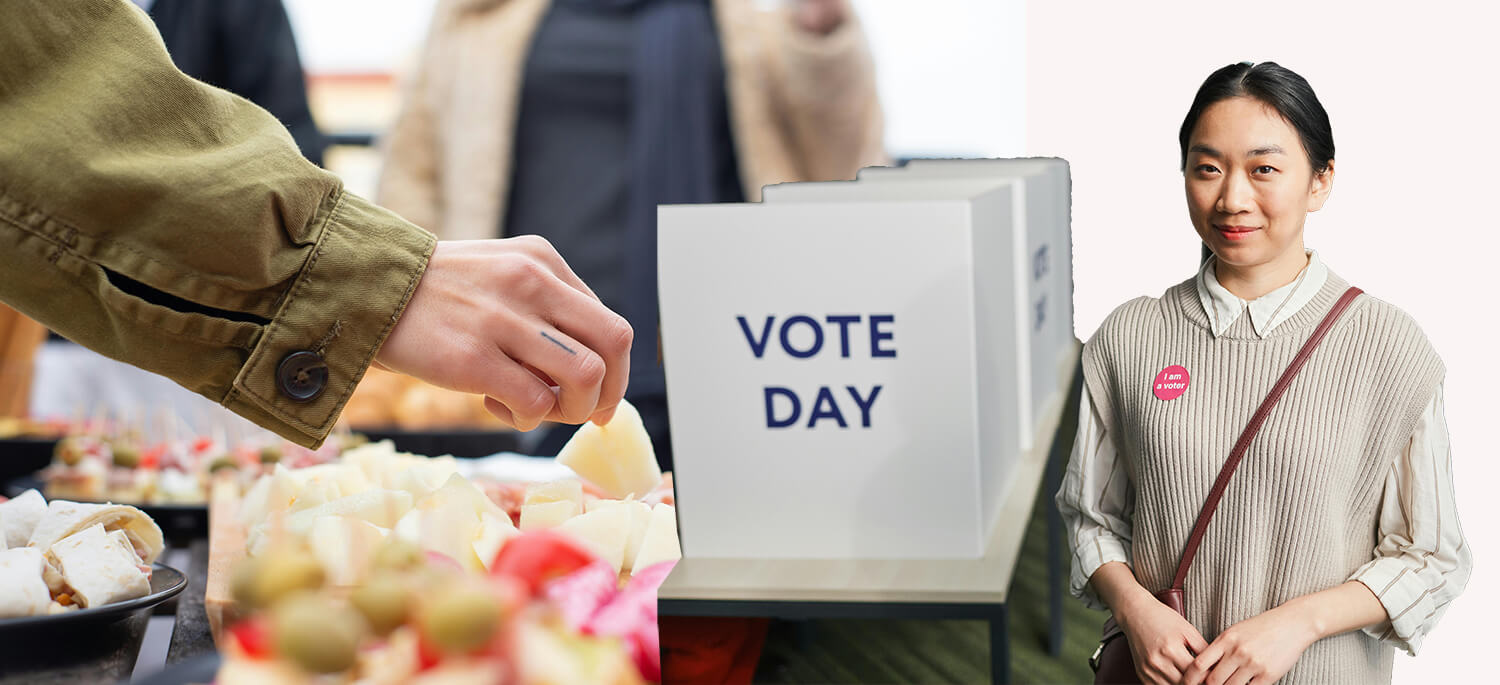
When a Political Tool puts voter integrity in question
New York’s new law allowing food and drink to be distributed to voters waiting in line may seem like a thoughtful gesture, especially in hot weather or in areas where long waits are common. The idea is simple: make the voting experience more comfortable so no one is discouraged from participating. But this move, recently signed into law by Governor Hochul, carries with it more risk than most people realize.
Historically, giving anything of value to voters, even a bottle of water, was called “treating,” a practice outlawed in many places for centuries. The reason is simple: you’re not supposed to influence a person’s vote by offering them something, even if it’s seemingly small or nonpartisan. This new law, even if designed with good intentions, reintroduces that possibility. It asks us to trust that food and beverages won’t be used to sway voters or create the appearance of favoritism but that trust could be easily undermined.
There are real questions here. Who’s allowed to hand out refreshments? How do you make sure the rules are followed evenly across every polling location? And what exactly counts as “nominal”? A small bottle of water might seem harmless, but what about a bag of chips with campaign colors, or a group handing out granola bars right next to a sign for a candidate? What about the conversations it produces which can influence others in line. Even if the people handing out snacks are neutral, the perception of influence can damage the credibility of an election.
Then there’s the logistical burden. Will poll workers be expected to monitor or report improper distribution? What if some precincts have resources for refreshments while others don’t? It’s easy to imagine how this could lead to complaints about unequal treatment or worse, real disparities that affect voter turnout.
Comfort and convenience should not come at the expense of fairness and trust in the democratic process. Laws like this, unless very tightly controlled, risk opening cracks in an already fragile public confidence in elections. A bottle of water shouldn’t change someone’s vote but if it even gives the impression that it might, we all lose something more important.
New York may be trying to make voting easier, but we should be just as vigilant about keeping it clean.
